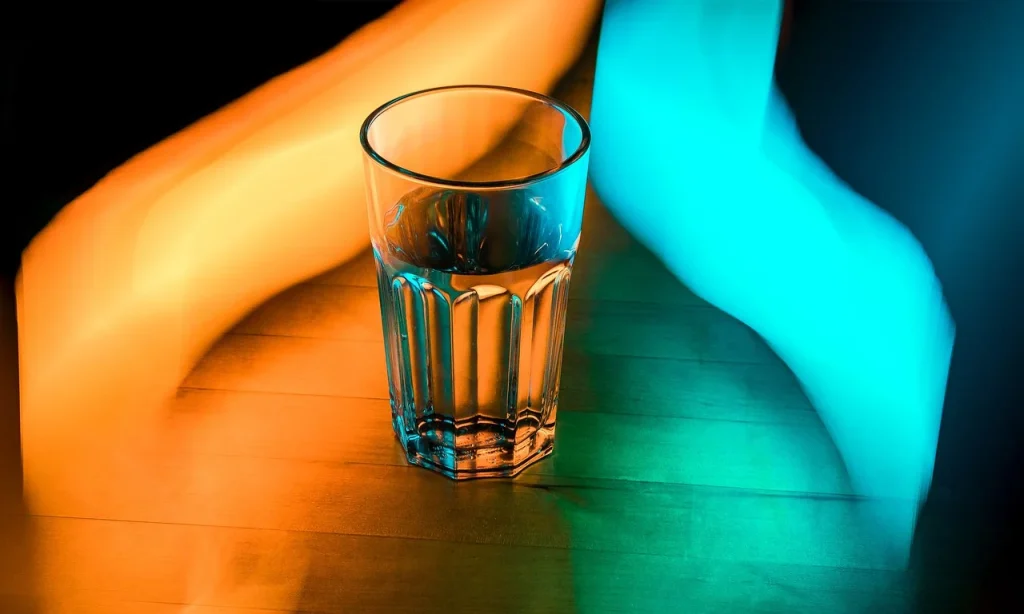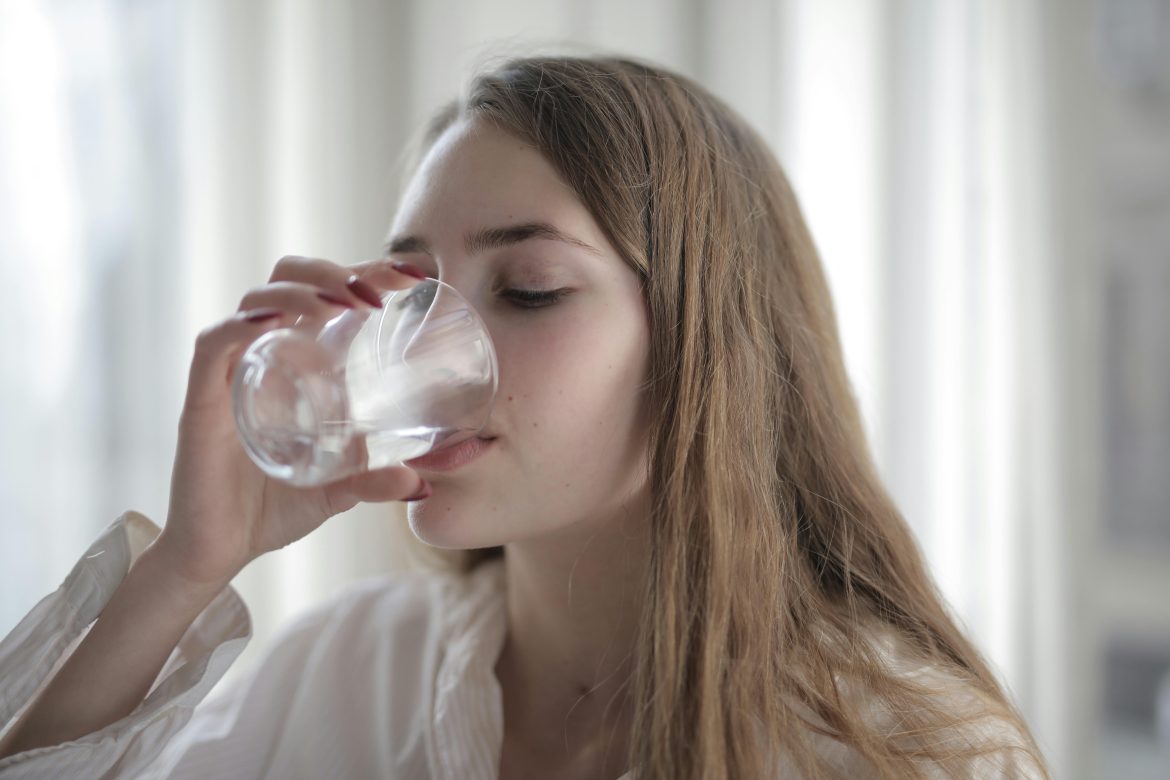Table of Contents
Water is often overlooked in discussions about health and wellness, yet it is a fundamental element crucial to our overall well-being. Despite its importance, many people do not consume enough water daily, which can lead to various health issues. Understanding the role of hydration in maintaining good health and learning how to ensure adequate water intake can significantly impact your vitality and quality of life.
The Importance of Hydration
1. Essential for Bodily Functions
Water is vital for nearly every bodily function. It makes up about 60% of the human body and is involved in numerous physiological processes, including:
- Digestion: Water helps break down food so that your body can absorb nutrients. It also aids in the prevention of constipation by softening stools.
- Circulation: Water is a key component of blood, which transports oxygen and nutrients throughout the body and helps remove waste products.
- Temperature Regulation: Through the process of sweating and respiration, water helps regulate body temperature and maintain homeostasis.
- Joint Lubrication: Water keeps joints lubricated, which helps reduce friction and prevents joint pain and stiffness.

2. Supports Metabolism and Weight Management
Adequate hydration supports a healthy metabolism and can aid in weight management:
- Metabolic Function: Water is essential for metabolic reactions and the breakdown of nutrients. Proper hydration ensures that metabolic processes operate efficiently.
- Appetite Control: Drinking water before meals can help control appetite by making you feel fuller, which may reduce overall calorie intake.
- Detoxification: Water helps flush out toxins and waste products from the body through urine, supporting the function of the kidneys and liver.
3. Enhances Cognitive Function
Hydration has a significant impact on brain function and cognitive performance:
- Concentration and Focus: Even mild dehydration can impair concentration, alertness, and short-term memory. Drinking enough water helps maintain optimal brain function.
- Mood Regulation: Dehydration can affect mood, leading to irritability and decreased overall well-being. Staying hydrated helps keep mood swings in check.
4. Promotes Healthy Skin
Water plays a crucial role in maintaining skin health:
- Hydration: Adequate water intake keeps the skin hydrated, which can help prevent dryness, flakiness, and premature aging.
- Elasticity: Proper hydration supports skin elasticity and helps maintain a youthful appearance by keeping skin supple and resilient.

Signs of Dehydration
Recognizing the signs of dehydration is essential for taking corrective action:
- Thirst: Feeling thirsty is one of the first signs that your body needs more water.
- Dark Urine: Dark yellow or amber-colored urine can indicate dehydration. Healthy urine should be light yellow.
- Fatigue: Dehydration can lead to feelings of fatigue and lethargy due to reduced blood volume and decreased oxygen delivery.
- Dizziness: Severe dehydration can cause dizziness, lightheadedness, or even fainting due to low blood pressure.
How Much Water Do You Need?
The amount of water you need can vary based on factors such as age, gender, activity level, and climate. A general guideline is to drink at least eight 8-ounce glasses of water per day, known as the “8×8 rule.” However, individual needs may differ, and it’s important to adjust your intake based on:
- Activity Level: If you engage in physical activity or exercise regularly, you may need more water to compensate for fluid loss through sweat.
- Climate: Hot or humid weather increases the need for hydration due to higher rates of sweating.
- Health Conditions: Certain medical conditions or medications may require increased water intake to support overall health.

Tips for Staying Hydrated
**1. *Carry a Water Bottle*
Having a reusable water bottle with you throughout the day can serve as a constant reminder to drink water. Consider using a bottle with measurements to track your daily intake.
**2. *Infuse Your Water*
If plain water is unappealing, try infusing it with natural flavors. Add slices of fruits, vegetables, or herbs, such as lemon, cucumber, or mint, to enhance the taste and make drinking water more enjoyable.
**3. *Set Reminders*
Use alarms or smartphone apps to remind yourself to drink water regularly. Setting reminders can help establish a consistent hydration routine.
**4. *Monitor Your Intake*
Keep track of your water consumption to ensure you’re meeting your daily hydration goals. Some apps and journals are designed specifically for tracking water intake.
**5. *Eat Water-Rich Foods*
Incorporate foods with high water content into your diet. Fruits and vegetables such as watermelon, cucumber, oranges, and strawberries contribute to your overall hydration.
**6. *Drink Before Meals*
Drinking a glass of water before meals can help with portion control and ensure you’re getting adequate hydration throughout the day.
Addressing Common Misconceptions
**1. *“I’m Not Thirsty, So I Don’t Need Water”*
Thirst is not always a reliable indicator of hydration needs. By the time you feel thirsty, you may already be slightly dehydrated. Regularly drinking water, even if you don’t feel thirsty, is important for maintaining optimal hydration.
**2. *“Other Beverages Can Replace Water”*
While beverages like tea, coffee, and milk contribute to hydration, they should not replace water as your primary source of fluid intake. Water is free from calories, caffeine, and additives, making it the best choice for staying hydrated.
**3. *“You Can Overhydrate”*
While it’s important not to drink excessive amounts of water in a short period, overhydration is rare and usually occurs only under extreme circumstances. Focus on drinking a reasonable amount of water throughout the day to maintain balance.
Conclusion
Hydration is a fundamental aspect of maintaining good health and well-being. Drinking enough water supports bodily functions, enhances cognitive performance, promotes healthy skin, and aids in weight management. By recognizing the signs of dehydration and implementing practical tips for staying hydrated, you can ensure that your body receives the water it needs to function optimally. Prioritizing hydration is a simple yet effective way to enhance your overall health and vitality.


